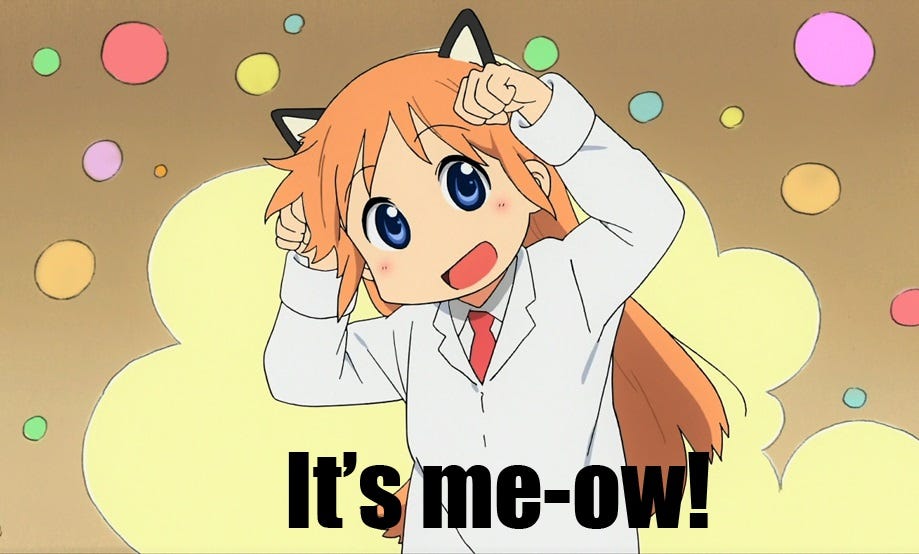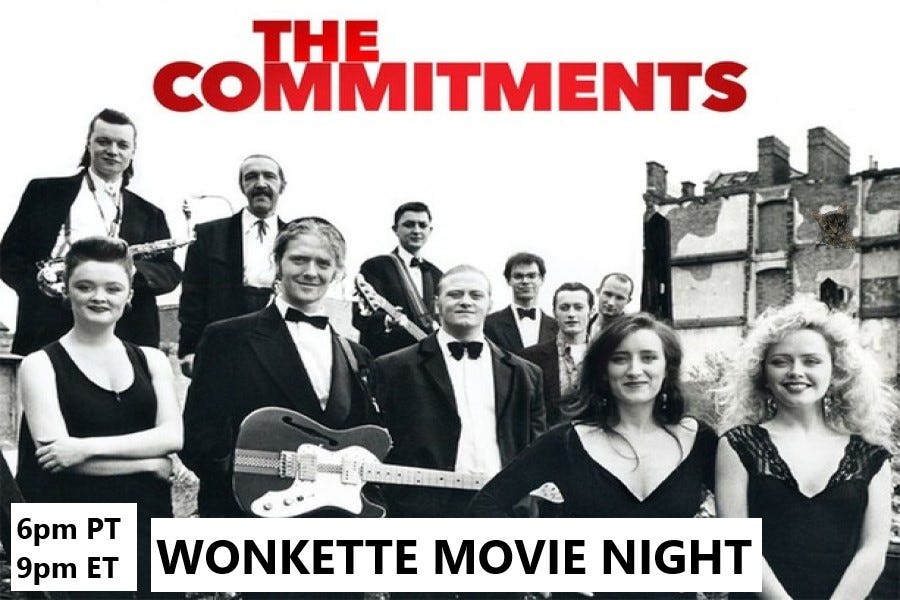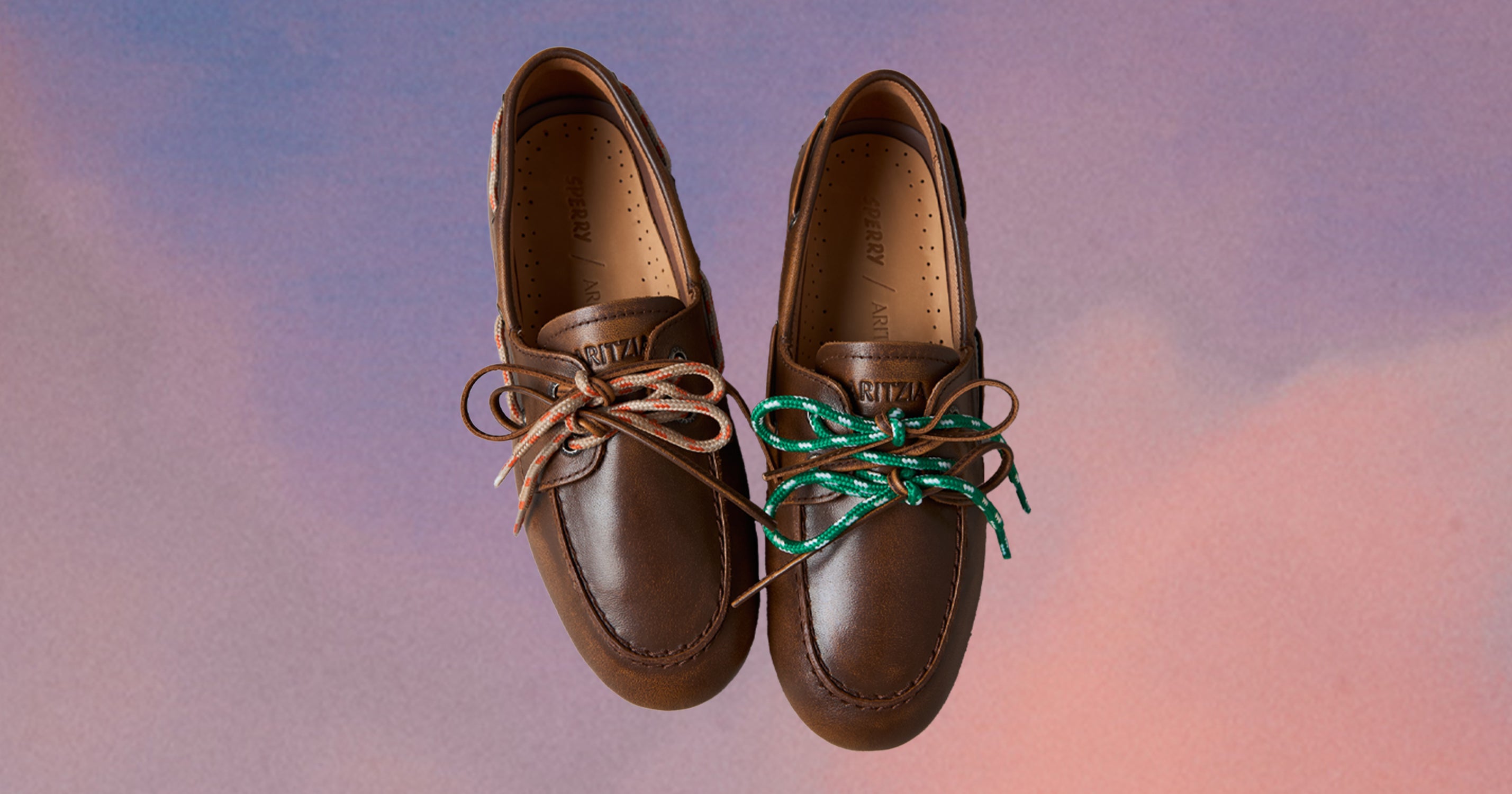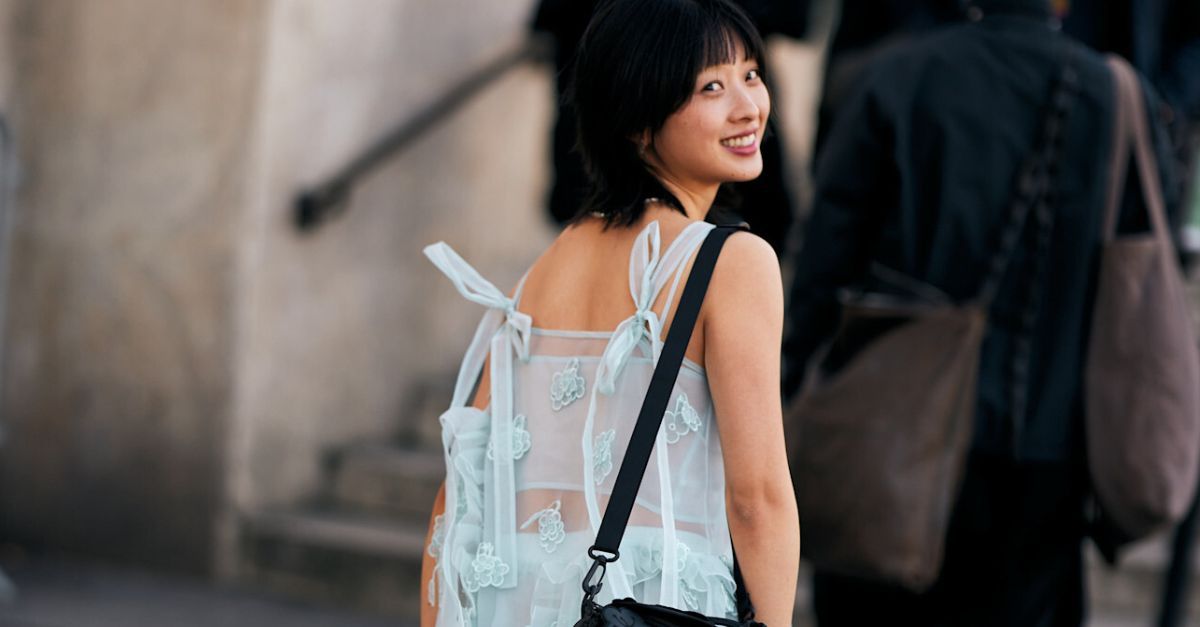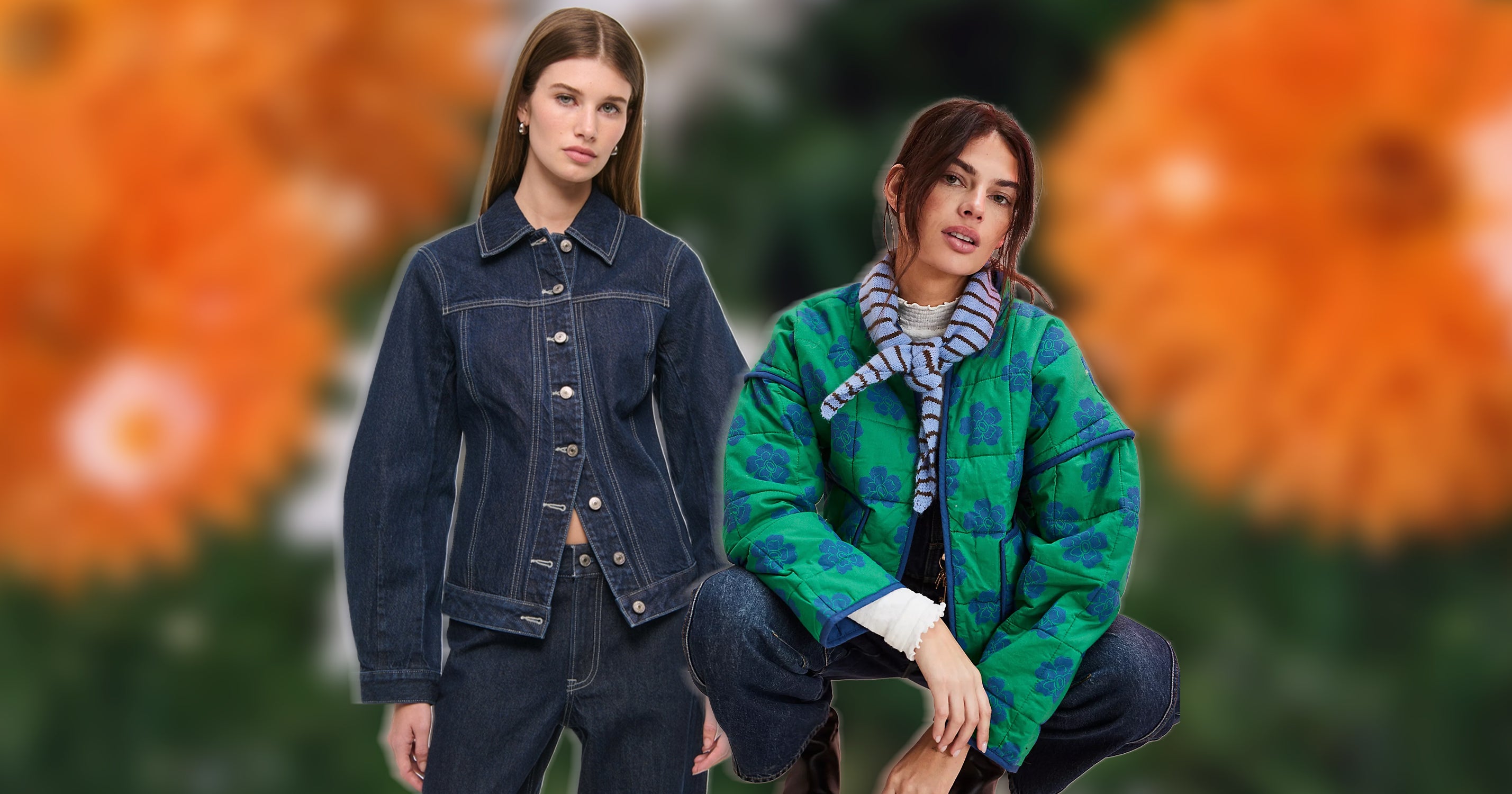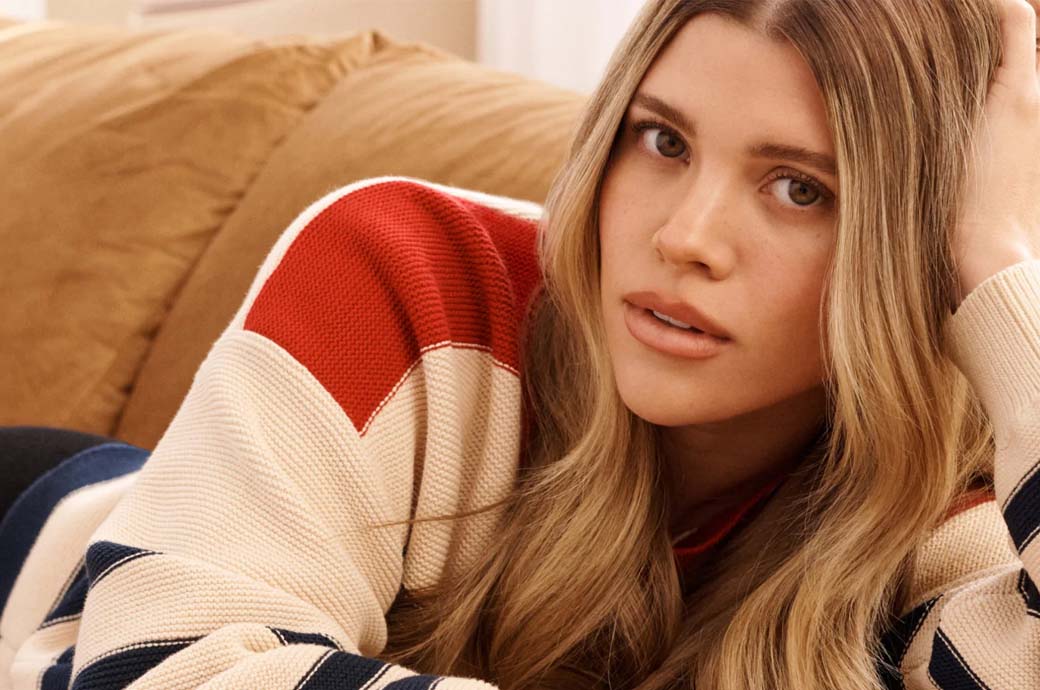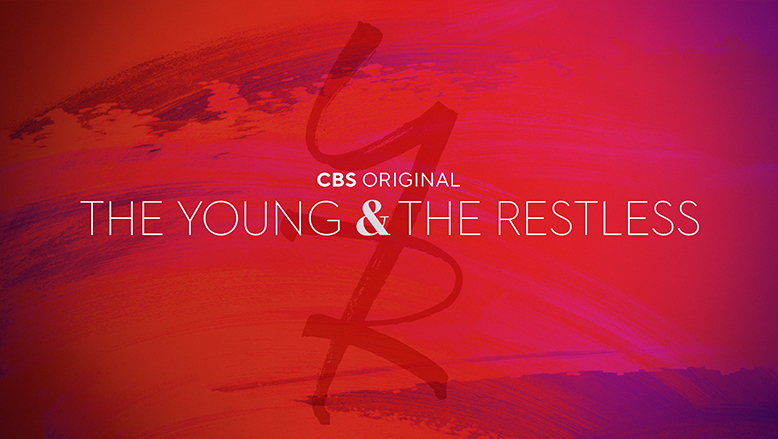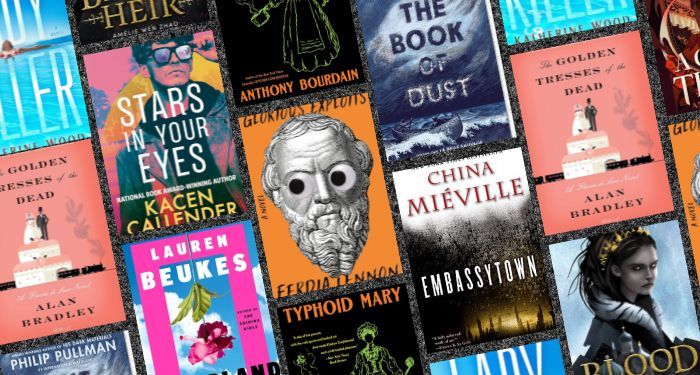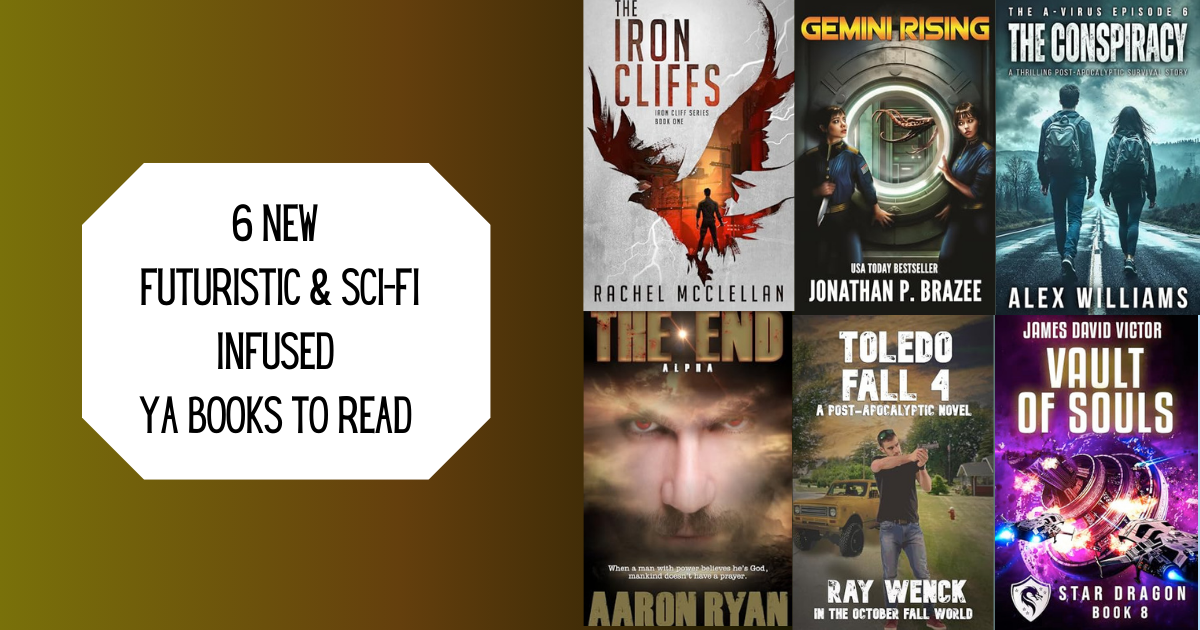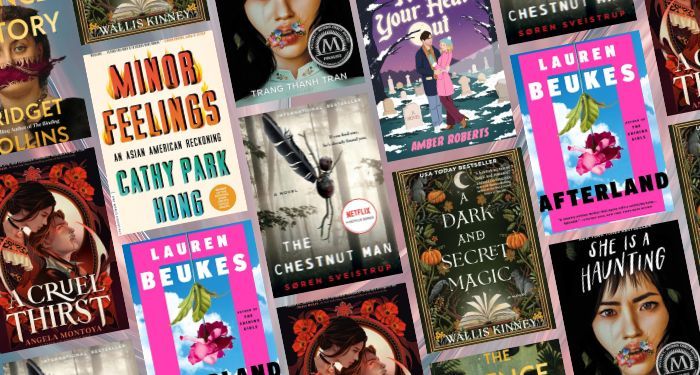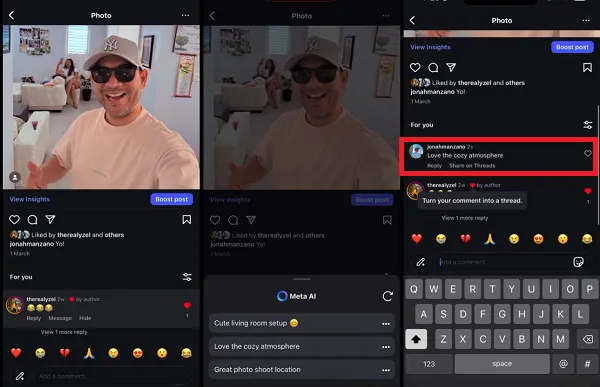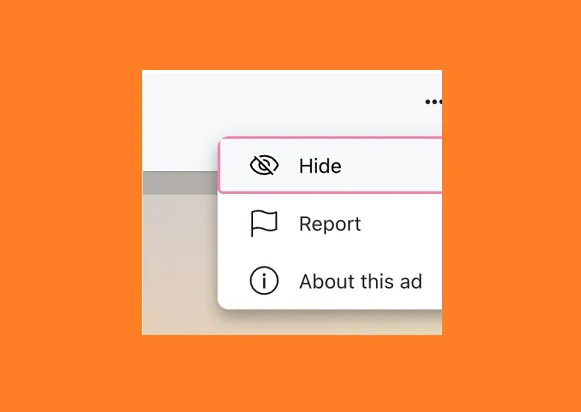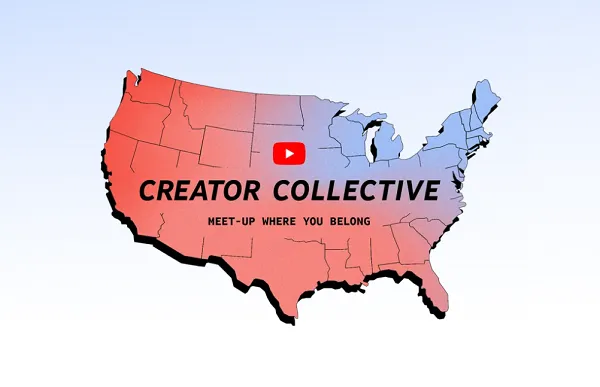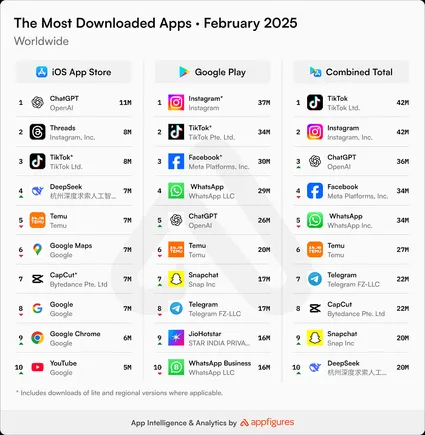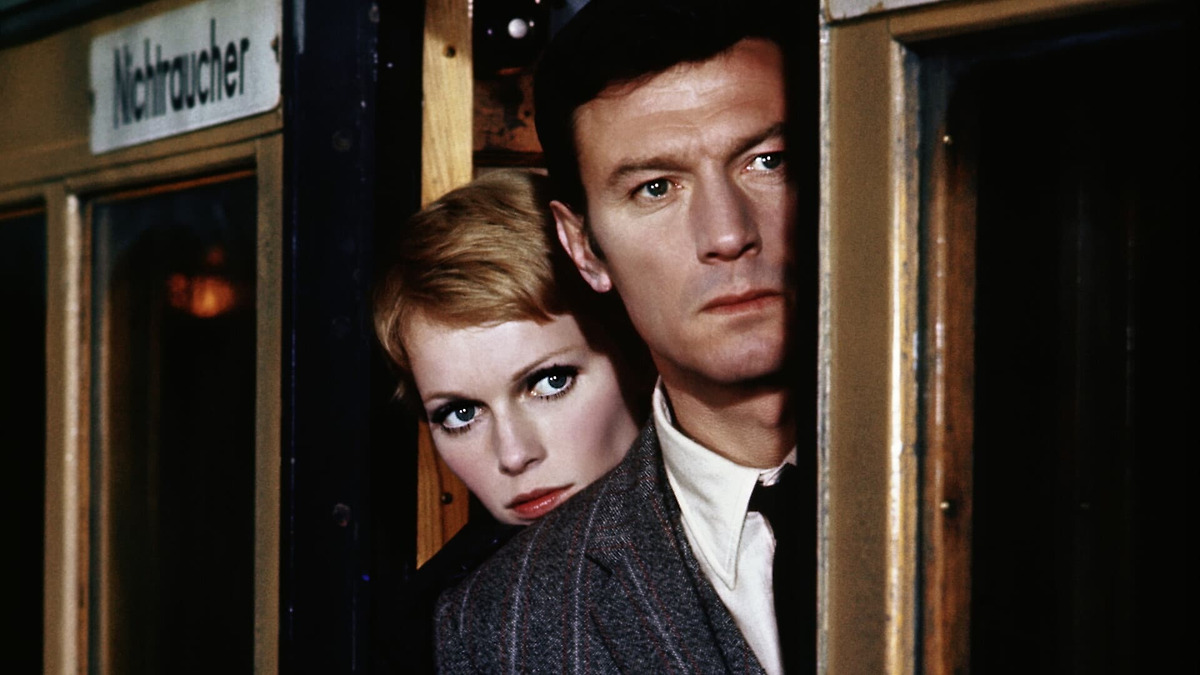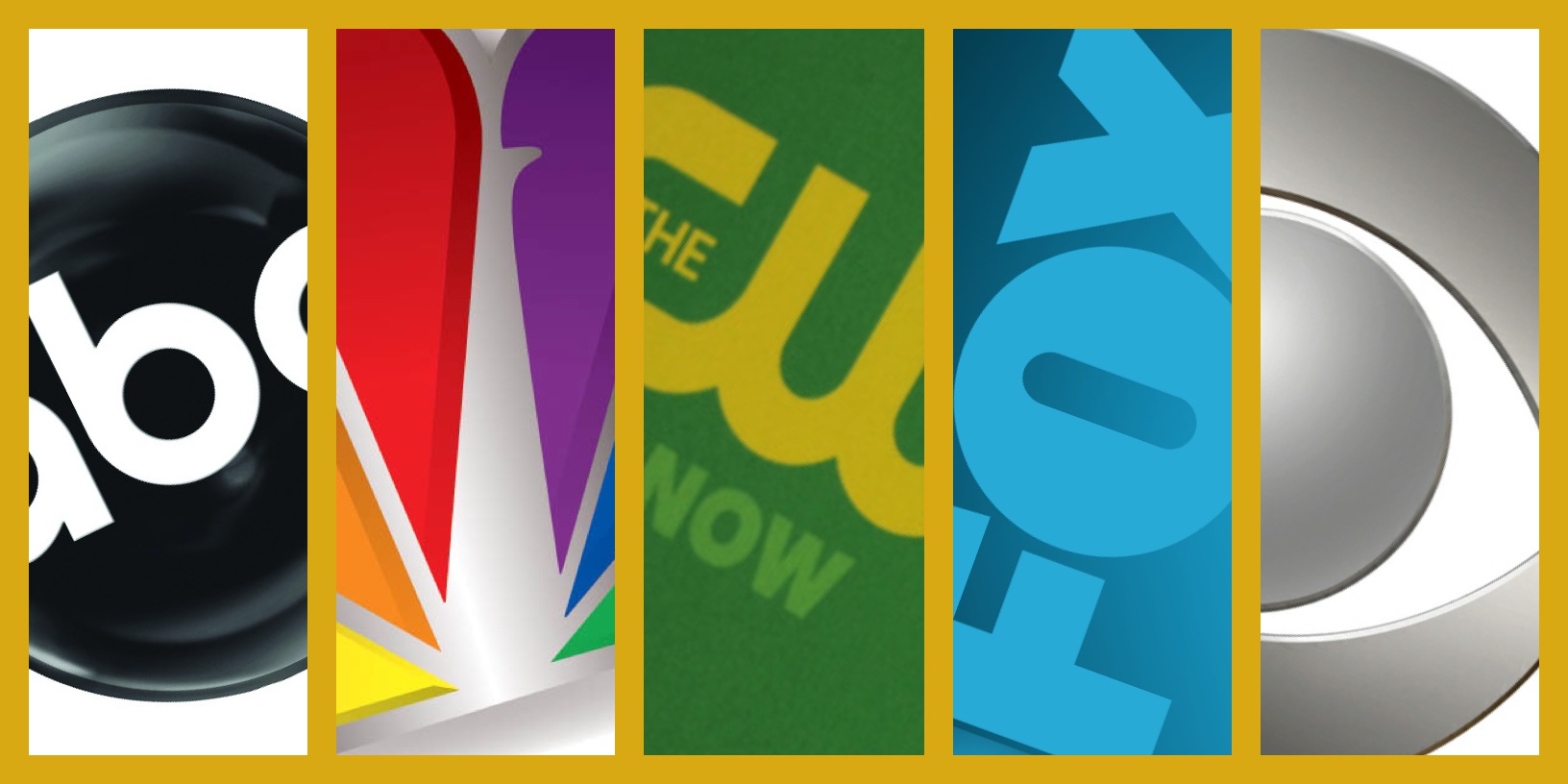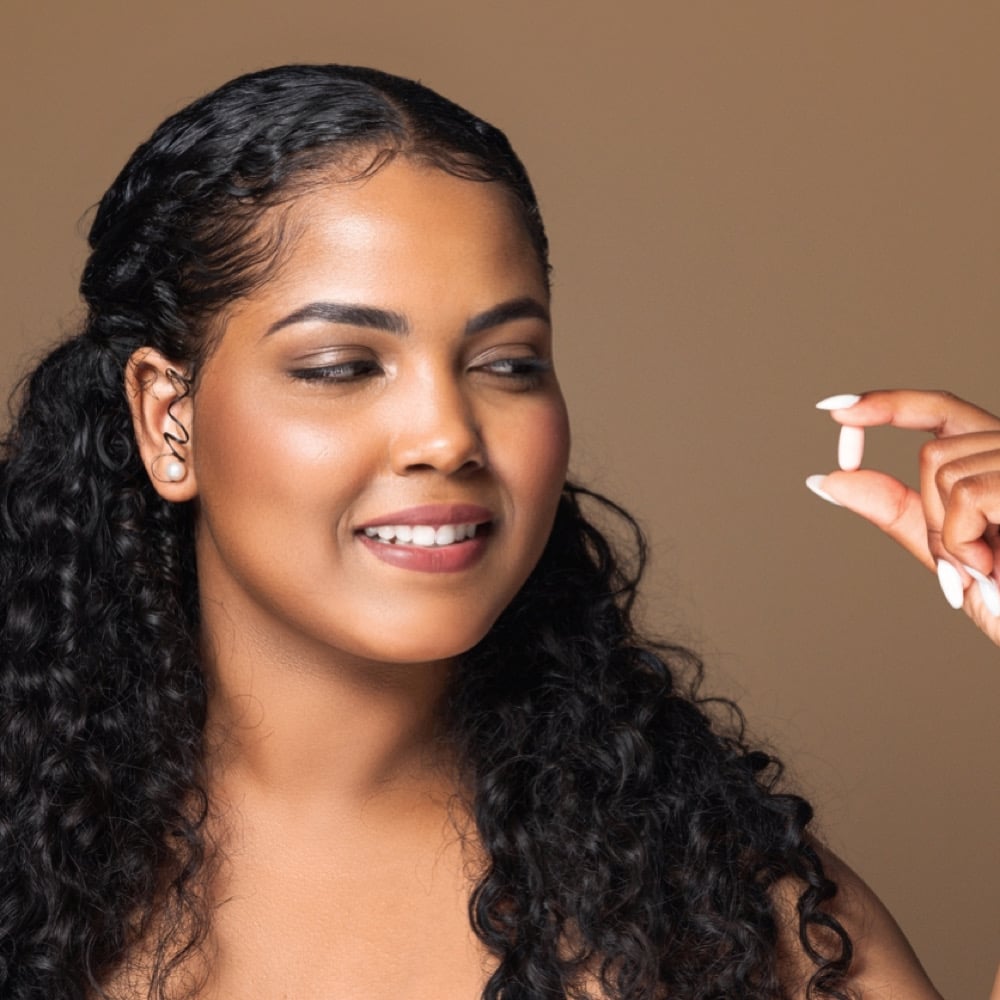Meta’s rolling out some new updates for its digital avatars, including an expanded range of body shapes, improved animations, new clothing options and more, which it hopes will help users feel more attuned to their digital doppelgangers.

As you can see, Meta’s adding a broader range of body shapes to improve avatar representation, while it’s also partnered with Puma on a new avatar clothing range, expanding your options on this front.
Meta launched an avatar clothing store last year, which already includes partnerships with a range of fashion brands, with Puma now adding to the mix of options you have to dress up your character.
And it’s also sharpening up your avatar animations:
“We’re continuing to make your avatar look better in smaller and subtler ways, because those details help your personality shine through. Literally shine, as we’re adding a bit more sparkle to your eyes, brushing some volume into your hair and making clothes look more realistic and textured. You’ll see these changes when you use your avatar outside of virtual reality (VR).”
So there’s also that.
Now, you’re digital depictions will look a little bit better, so when you place them in whatever setting you choose, it’ll provide more ways to build your online presence, especially in Meta’s evolving display options.

Yeah, I’m not convinced that this is going to be a key element that bridges Facebook and IG users over to the metaverse, which seems to be the key aim of Meta’s expanded avatar push.
Over the past year, as part of its evolving metaverse progression, Meta’s been looking for new ways to integrate its digital characters into its UI, with the view being that as people get more aligned with their virtual representations, that’ll then help merge them into using these characters as interactive tools within the metaverse space.
Which might work – and Meta says that over a billion avatars have been created thus far. But then again, they still feel a bit too cartoonish and bland – they don’t seem to have that personal touch or connection that other avatar options do.
Creation platforms like Ready Player Me, for example, have more advanced avatar creation offerings, providing more ways to customize and create your own characters, while even more simplistic avatar options like Snapchat’s Bitmoji seem to get more usage and presence.
In some respects, it feels like Meta’s already too late to the game, or maybe it’s just that its avatars are too corporate, too stale and generic – there’s something about them that just doesn’t seem to mesh with how users connect in its apps.
Regardless, you can now use your improved Meta avatars on Facebook, Instagram, Messenger and WhatsApp, via stickers, backgrounds, profiles images, and more. And Meta’s really hoping that you will, with a view, again, to the next stage of digital connection, where, ideally, you’ll feel increasingly comfortable using these on-screen depictions as an embodiment of yourself.
I don’t see them becoming a big deal, but you can expect Meta to keep finding new ways for you to use them, as it tries to boost take-up and engagement.









